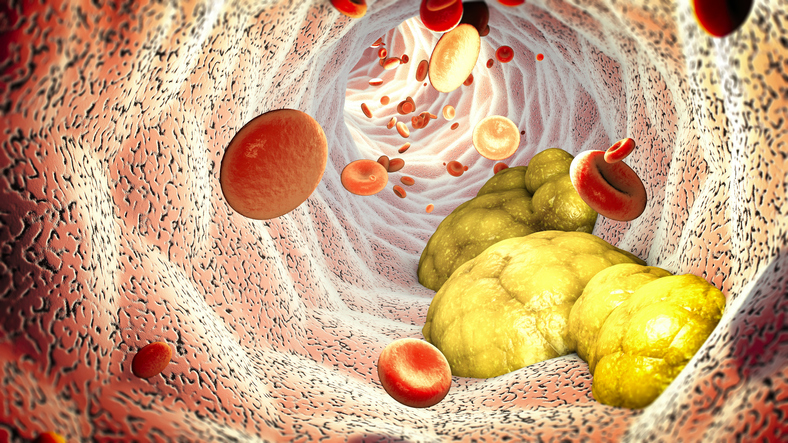2023-07-27
Between cholesterol and systemic lupus erythematosus
Allergology and Immunology
Recent studies have highlighted a dysfunctional lipid metabolism—particularly cholesterol metabolism—as a contributing factor in the pathogenesis of systemic lupus erythematosus (SLE). This connection between cholesterol metabolism and autoimmune disease may involve the type I interferon signaling pathway. In this study, abnormally high plasma concentrations of oxysterols (specifically 7-alpha, 25-dihydroxycholesterol [7α,25-OHC]) were observed in patients with systemic lupus erythematosus. These oxysterols bind to a macrophage receptor for the Epstein-Barr virus, thereby altering the production of chemokines and cytokines. By targeting oxysterols and their receptor on macrophages, it appears possible to modulate innate and adaptive immune responses that are key to the pathogenesis of lupus.

Last press reviews
Liver, sugar, and pills: who's in control?

By Ana Espino | Published on February 4, 2026 | 3 min read<br>
Endometrial cancer: Is PARP bringing new hope?

By Ana Espino | Published on February 3, 2026 | 3 min read<br>
